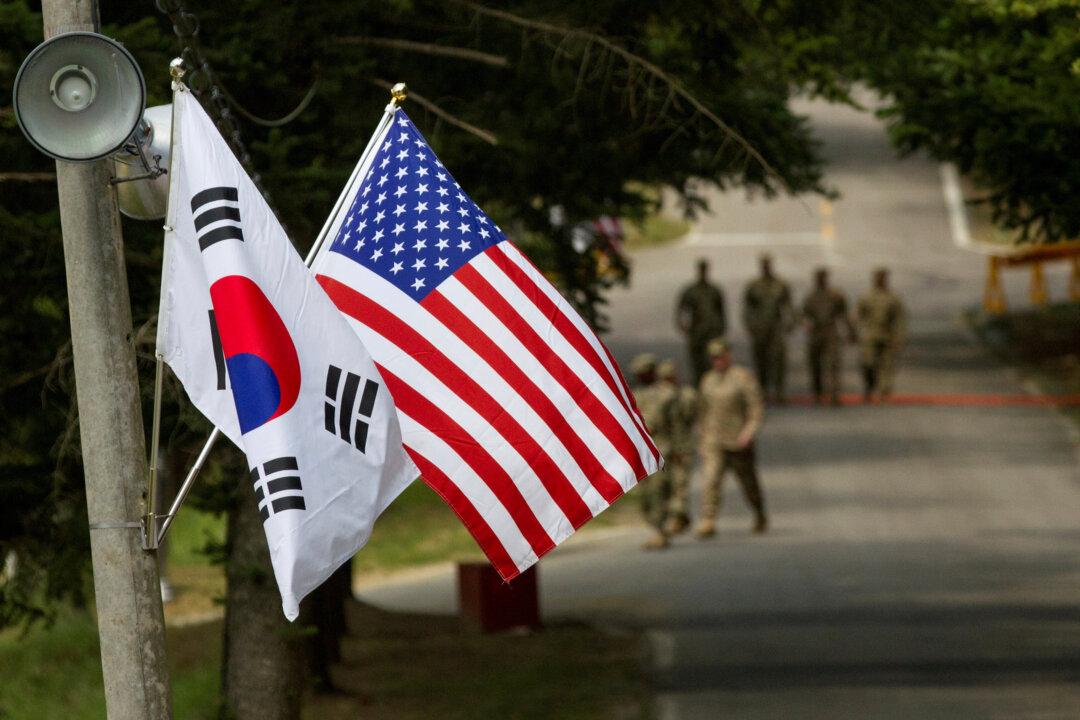Commentary
On March 9, the Biden administration may have felt that it dodged a bullet when conservative Yoon Suk-yeol was elected president of the Republic of Korea (ROK, aka South Korea) for a five-year term.

On March 9, the Biden administration may have felt that it dodged a bullet when conservative Yoon Suk-yeol was elected president of the Republic of Korea (ROK, aka South Korea) for a five-year term.